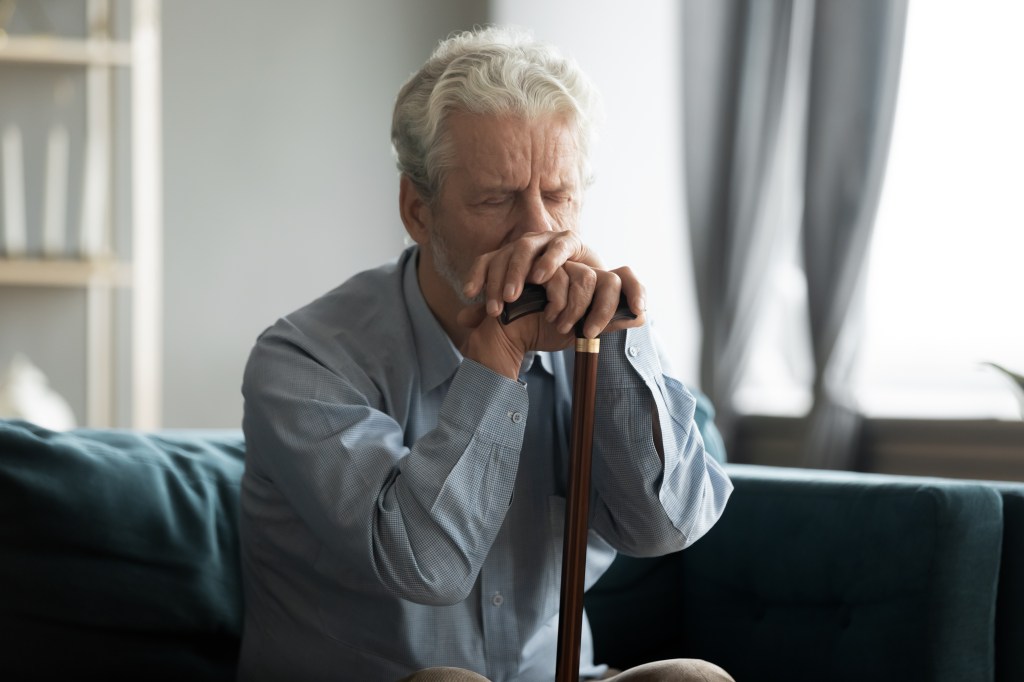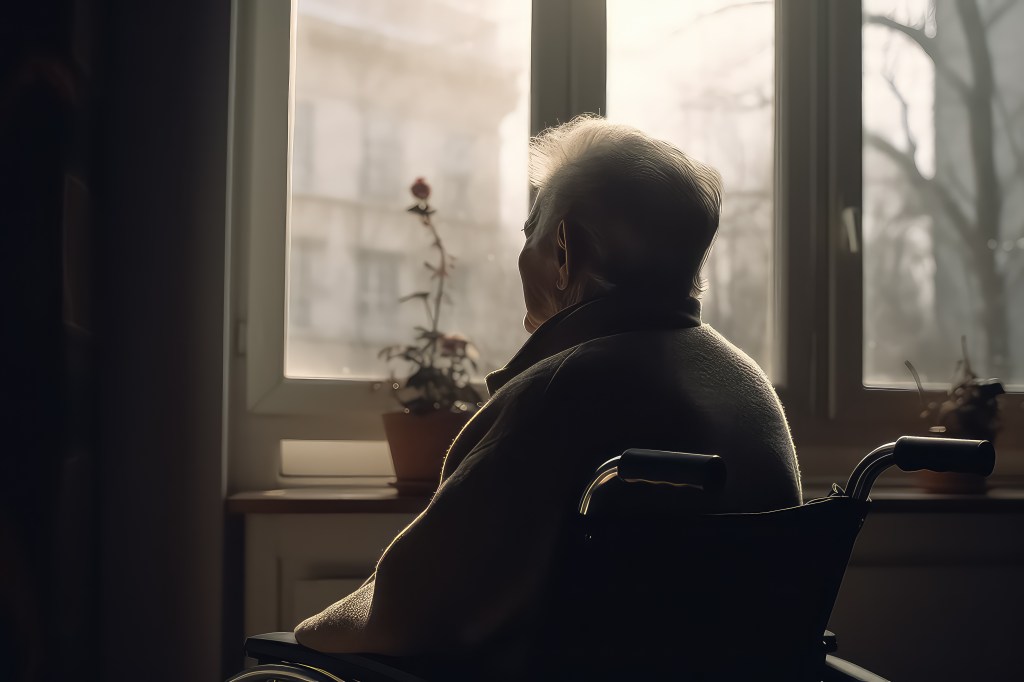As the population continues to age, more adults are aging into their golden years.
“Solo seniors have been shown to be just as healthy and happy as other seniors and live just as long,” said Sara Zeff Geber, PhD., an aging expert and author of Essential Retirement Planning for Seniors solo,” he told Fox News Digital.
However, some of them face unique challenges that can significantly affect their quality of life and well-being.
Below, experts offer tips on how to be a successful solo age.
What is solo aging?
“My definition of a single parent is someone who doesn’t have family around, who is able and willing to step in in a crisis and who will be available to provide support as single parenthood requires,” Geber said.
Some people become single by choice — through choosing not to have children, for example — or by circumstance, such as the death of a spouse or the removal of a child, the expert added.
About 28% of people 65 and older – or 22 million adults – live alone, according to 2023 data from the US Census Bureau.

Among adults age 50 and older, approximately 12% are considered “single age,” according to a 2021 AARP report.
“While the idea of aging without family support has always existed, especially in the case of widows or individuals without children, aging alone as a distinct concept with its own set of challenges and considerations has emerged more in recent decades,” Bei Wu, PhD. NYU College of Nursing associate dean for research Rory Meyers told Fox News Digital.
Different cultures also view autonomy differently as adults grow older.
“In China, the ‘three nos’ of the elderly — those without children, unable to work and without income — have faced significant challenges and received considerable attention in gerontological research,” said Wu, who has studied isolation social and aging.
Singles are more likely to lack support from friends and family, which can make it difficult to access social, emotional and practical support, the expert added.
Not having a caregiver to provide assistance when the person is ill can also lead to delays in receiving needed medical care.
According to the AARP report, only one-third of single people have someone to help manage their households or meet daily expenses if they are unable to do so.
Seniors alone also face increasing financial vulnerability as they age, as they have fewer resources to manage health care, housing and daily living expenses, Wu noted.
The importance of planning ahead
“For solo ages, the main resources I suggest focus on three main areas: community engagement, financial and estate planning, and health care protection,” Ailene Gerhardt, a solo aging educator and advocate, told Fox News Digital of patients in Massachusetts.
Gerhardt, who is also the founder of The Navigating Solo Network, a free resource library aimed at fostering a sense of belonging for older adults, recommends developing two types of networks.
It should consist of professionals who can advocate for legal and medical needs. The other may include friends and acquaintances who provide additional support.
“Solo parents should prioritize adjusting their plans, day-to-day and long-term, including reviewing the type of care and support they want — and don’t want — if they are unable to advocate for themselves,” Gerhardt advised. .
That could mean completing a will that specifies in detail how assets are distributed and having an advance directive detailing the person’s wishes for life-sustaining treatment if they are too ill to make the decision, the expert said.

Roughly half of singles have an advance directive — and only 44% have shared it with their primary care physician, according to AARP.
Part of creating an advance directive is designating a durable power of attorney (DPA), who can speak on behalf of the person during periods of illness or incapacity.
Experts recommend choosing someone you trust who is a younger generation—mature enough to handle a serious end-of-life issue, but young enough that they aren’t yet experiencing the same aging issues.
Cultivating social connections
Those who place a high value on friendships often have better health and happiness, past studies show.
Older people who don’t cultivate friendships may be less likely to get help from friends, which exposes them to more negative emotions caused by changes in their lives, according to a previous study.
An organic way to foster social connections is to move into a neighborhood with an existing support structure, experts recommend.
One example is the Village to Village Network, a national organization that provides resources and support to help older adults in their communities.
Members become part of a local “village” that provides support services and opportunities to create social connections.
“These services range from social and educational programs to health and wellness activities, as well as practical supports such as transportation, home maintenance and technology training,” Barbara Sullivan, national director of the Village to Village Network in New Jersey, told Fox News Digital.
“By offering a variety of resources and services, they help foster a sense of belonging and independence.”
Technology can also help activate those connections, according to Wu, the NYU gerontologist.
“Video calling and social media platforms enable older adults to stay connected with family and friends, regardless of distance,” she told Fox News Digital.
Wu encourages singles to get involved in local activities at senior centers, community organizations and churches as a means of staying active and socially connected.
#Aging #common #heres #seniors #thrive
Image Source : nypost.com